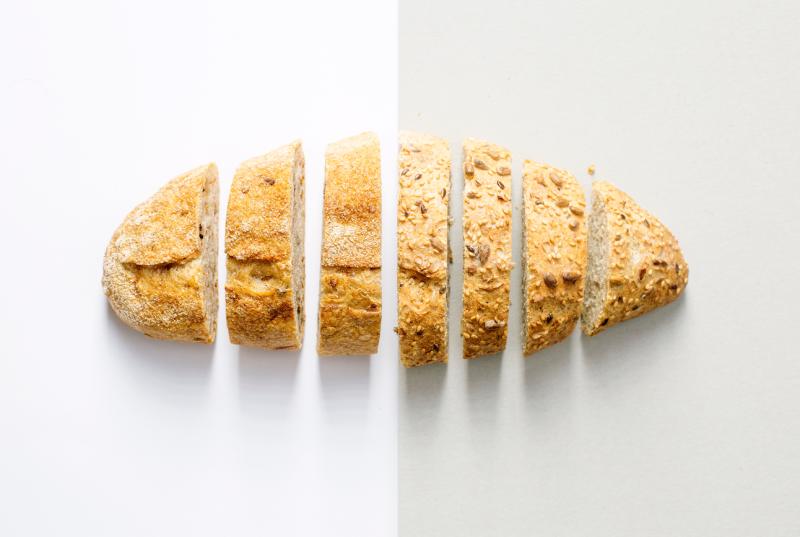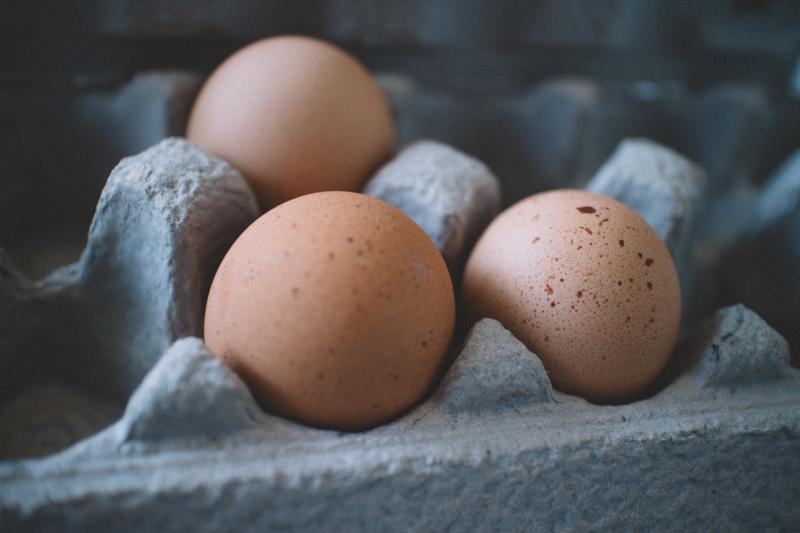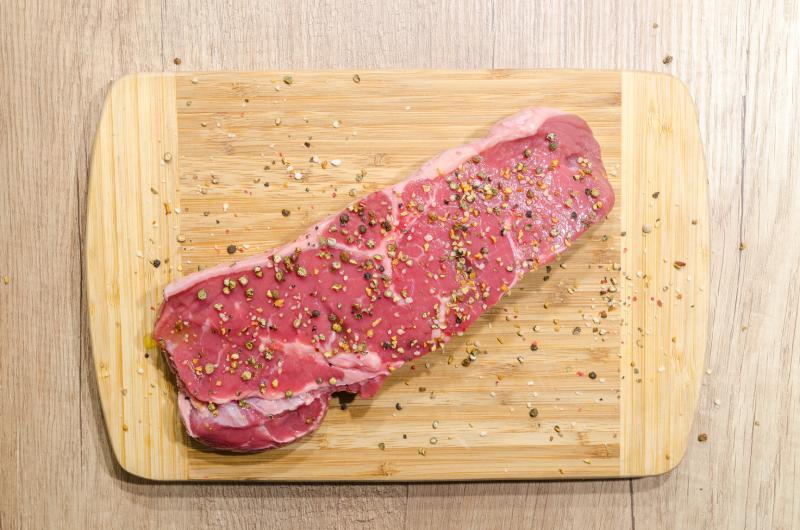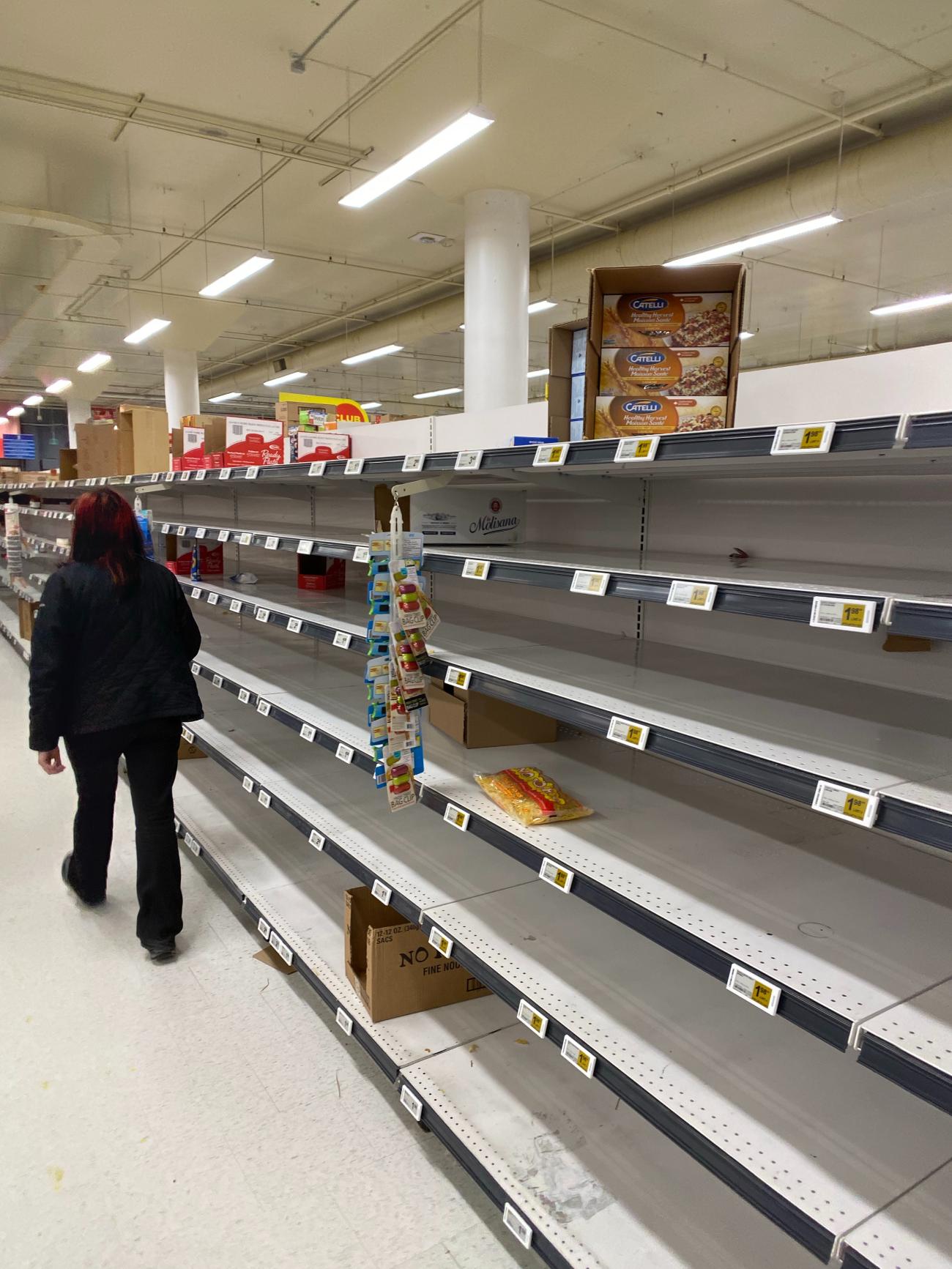2024 NYC Food Shortage: What to Stock Up On Now
Table of contents
What Foods will be hard to get in 2024?
2024 looks to be ushering in another groceries shortage. Here’s what you need to know.
The pandemic led to food shortages in everything from toilet paper to personal protection equipment — and it also introduced many food and produce shortages. With people picking up baking at unprecedented rates, flour and yeast became more difficult to come by. There was also a meat shortage, as many meat factories shut down or slowed production when workers contracted COVID-19. Many other items became tricky to find due to worker shortages, port congestion, shipping container shortages, and other supply chain problems.
While much of those problems have lessened in the last couple of years, other issues have arisen, such as the war in Ukraine and periods of drought. More recently, finding eggs and baby formula has been difficult — and it looks like we’ll also see a food shortage in 2024.
10 Foods in the Food Shortage Of 2024

Butter
Last year, you probably noticed the high price of butter caused by lower-than-expected milk production and worker shortages at several U.S. dairy farms. Extremely high inflation levels didn’t help, and it seems the butter shortage is here to stay for at least another few months.
We expect to see an increase in overall milk production in 2024. However, given that our stock of cold-stored butter is at its lowest level since 2017 and butter will cost 65 cents more in 2024 than in 2023, it’s best to prepare for a butter shortage.
Oranges
With near-tropical temperatures, sun, rain, and sandy soil, Florida has everything oranges need to thrive. As a result, the state is one of the most prolific regions for orange growing in the world. However, 2022 wasn’t an easy year for orange yields.
Florida faced devastating hurricanes, including Ian, Nicole, and Fiona, causing orange production to drop 51%, resulting in the lowest overall orange harvest since 1937 and the biggest drop in production since 1913.
Corn
Corn is an essential and versatile crop. Not only can it be eaten on its own (on the cob, off the cob, or from a can), but it’s also used in high fructose corn syrup and oil. Unfortunately, it has been more expensive recently, and these prices are here to stay for the foreseeable future.
After all, Ukraine is one of the largest corn exporters in the world, and its production levels have decreased significantly due to the war. Argentina has also had a smaller yield, and the U.S.’ own fields will produce less corn this year. Farmers planted 4% fewer acres of corn in 2022 than in 2021, meaning a smaller domestic yield, a shortage, and higher prices.
Flour
Created from a variety of cereal grains, flour is an essential ingredient in things like pasta, pancakes, pizza, brownies, and more. Given that Russia and Ukraine grow roughly a fifth of the world’s cereal grain, the war has significantly impacted the global supply of flour.
However, the war isn’t the only responsible party for today’s flour shortage. We can also blame climate change for reducing wheat crop yields, leading to a flour shortage and impacting prices and availability for many foods requiring flour.

Bread
Given the shortage of flour, it only makes sense that there will also be a bread shortage in 2024. Again, the war in Ukraine is impacting grain exports — and, by extension, flour. Since there is no end in sight, the bread shortage has the potential to continue throughout all of 2024 and beyond.
We saw a lower supply of bread in 2022, and it looks like things will only get more dire in the coming year as demand for bread will be just as high, if not higher, and the supply will likely be lower.
Champagne
Everyone loves a glass of bubbly, but champagne may be hard to find in 2024. (And by champagne, we mean the real stuff grown, fermented, and bottled within 100 miles of the Champagne region in France, not just any old sparkling wine.) Here’s why:
In 2020, champagne demand dropped by 18%, causing France’s Comité Interprofessionnel du Vin de Champagne (CIVC) to reduce champagne production by 25%. However, champagne demand quickly outpaced supply in 2021, rising by nearly 64%. CIVC’s decision to limit production combined with the fact that it takes at least 15 months to produce a proper bottle of champagne means that we’ll see champagne shortages well into 2023 and potentially beyond.
Climate change has also impacted champagne grapes. Following a heat wave in March 2021, unseasonal frost destroyed the grapevines. Then, high levels of rain caused milder, resulting in the lowest grape harvest in decades.
Beer
Champagne isn’t the only alcohol in short supply in 2024. We’re also looking at a beer shortage and rising prices in 2024.
We can partially blame the shortage of aluminum. When people started staying at home during the pandemic, they drank beer from the can instead of heading out to the bar. Pet adoption rates skyrocketed, meaning canned pet food companies needed even more aluminum. Additionally, China reduced aluminum processing to minimize pollution, further impacting aluminum supply.
Droughts have also impacted crop yields, and there’s a lack of available carbon dioxide. Supply of this bubbling agent was affected by the spike in demand for dry ice as COVID-19 vaccines were shipped out and the contamination of a major carbon dioxide production facility in Mississippi by a volcano in 2022. So, brewing beer itself will be more challenging, and beer will become more expensive and less accessible.

Eggs
Between the increasing labor costs and the pandemic-related supply chain issues, we’ve seen headlines about the price of eggs for a while. However, things recently took a turn for the worse — and an avian flu outbreak is to blame.
In 2022, over 49 million birds died across 46 states. T The hen population decreased significantly, either succumbing to the virus or being culled by farmers after exposure to the flu, pushing egg prices even higher. These days, eggs are three times as expensive in California as they were in early 2023, and it looks like the egg shortage and high prices will continue into 2025.
Vegetable Oils
We’re expecting a vegetable oil shortage in 2024. Canola oil, soybean oil, palm oil, and sunflower oil will be tricky to come by over the next few months because:
- Canada, the leading producer of canola oil, had a small crop yield last year.
- South America suffered from a drought, resulting in a small crop of soybeans.
- Indonesia, the largest palm oil producer, decided to stop exporting palm oil in April of 2023. Then, the Indonesian government limited exports, requiring palm oil producers to keep one ton of oil in the country for every eight shipped out. This has resulted in a 25% decrease in palm oil shipments from the country.
- 70% of the world’s sunflower seeds and oil originated in Russia and Ukraine, so the current war means the change of a vegetable oil shortage in 2023 is high.

Beef
2024 will also likely bring a beef shortage, meaning you may need to shell out more if you want to serve burgers and steak. Last year, a drought in Texas resulted in less grass feed for cows. At the same time, alternative feeds were expensive, so farmers sold their cattle earlier than anticipated. Their female cows were unable to have new calves, so we won’t see as many cows available for slaughter until the herds replenish.
However, there is good news. Domestic production of chicken, turkey, and pork was up in 2023, so there won’t be a shortage of meats to choose from. Additionally, the average American is predicted to eat less beef this year, likely due to economic concerns like inflation and slow GDP growth.
Overcome Shortages With Riviera Produce
2024 is shaping up to be a difficult year when it comes to food shortages. However, the food shortage in 2024 isn’t the end of the world, especially if you work with a wholesale food supplier.
What are the best foods to stockpile?
Meats and Beans, Canned Foods, Canned Meat, Vegetables – Canned vegetables and vegetable juices, Fruits – Canned fruits and fruit juices, Milk and Dairy Canned, boxed or dried milk, Frozen Foods Rice Beans Meat (Tuna, Chicken, Salmon, Turkey, sausages)
Why is there a food shortage in 2025?
Should I stockpile foods in 2025? The simple answer is : YES.
Here’s a short list for restaurant owners
- Canned and preserved foods (canned good vegetables, fruits, beans)
- Vegetables, fruits and beans – the great bean crisis of 2025 can impact bean prices next year
- Dairy and dairy alternatives
- Frozen foods and vegetables
- Protein sources
- Frozen meats (beef, chicken, pork)
- Canned meat/fish (tuna, salmon, chicken)
What NYC Restaurants and Hotels should know in 2025 ?
Restaurant owners in NYC should be stocking up on essential ingredients ensures your business can continue operating smoothly, even during times of crisis.
A food wholesaler like Riviera produce can help you find quality foods quickly with pricing strategies for a successful business.
This includes having a variety of shelf-stable items like canned goods, grains, frozen produce, proteins, and dairy alternatives on hand
If you’re looking for a trustworthy wholesale food supplier for NY, NJ, CT, PH restaurants, look no further.
Our family-owned and – operated food wholesaler business partners with farms across the country and the world to provide countless restaurants across New York City, part of New Jersey, and Connecticut with the fresh-cut fruits and vegetables they need. We can help you overcome the groceries shortage in 2024, so you can continue serving your customers.
Order fresh produce foods today, and see how Riviera Produce can help your restaurant business grow this year.
